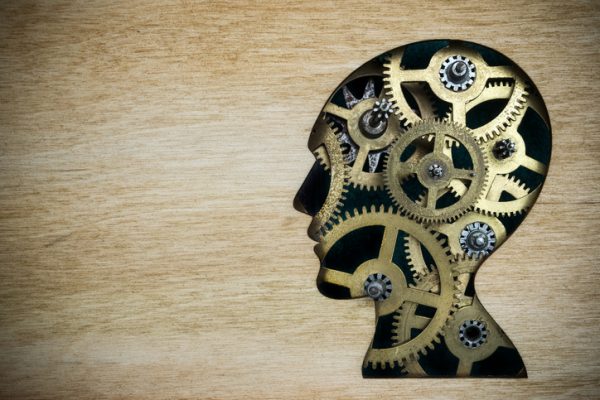
Migraine ranks as the third most prevalent disease in the world, with roughly 39 million people suffering from the condition in the U.S. alone, according to the Migraine Research Foundation.
Additionally, existing pharmaceutical solutions to migraine pain like triptans and ergotamine can lead to side effects including nausea, dizziness and medication overuse headache.
Israeli startup Theranica is hoping to address this major market through its non-invasive medical device that treats migraine pain through smartphone-controlled electric pulses. The company first product, Nerivio Migra recently received FDA De Novo clearance as a class II medical device for the treatment of acute migraine pain in adult patients.
Nerivio Migra consists of a bioelectric patch which is placed on the upper arm and an associated smartphone app which controls the electrical impulses and records data. The device’s electric pulses stimulate C-fiber nerves, creating an analgesic mechanism in the brain that alleviates migraine pain.
The company’s pivotal study showed that the device relieved pain among acute migraine patients both two and 48 hours after treatment. Side effects from the device were mild and resolved within 24 hours.
Initially founded in 2015, Theranica has raised a total of $41 million from investors including a $35 million Series B earlier this year to ramp up manufacturing for its device.

As Healthcare and Biopharma Companies Embrace AI, Insurance Underwriters See Risks and Opportunities
In an interview, Munich Re Specialty Senior Vice President Jim Craig talked about the risk that accompanies innovation and the important role that insurers play.
Theranica CEO Alon Ironi said the increasing concern stemming from the over prescription of pain medication like opioids has driven investment and interest in alternative non-drug pain therapies.
“I think in the U.S. patients as well as the medical community and government circles, have identified overuse of painkillers as a major problem,” Ironi said. “The understanding is basically the fertile soil for drug free solutions to pop up, so neuromodulation or magnetic devices are all in response to the overall recognition to maybe pain has to be dealt with in a different way.”
According to research firm Global Data, the U.S. neuromodulation device market is expected to grow to $5.1 billion by 2025.
Theranica isn’t alone is trying to develop bioelectric technology to treat migraine pain. Both the Cefaly headset device and the Gammacore handheld device have been cleared by the FDA and are already on the market in the U.S.
Ironi said where Therinca’s product is differentiated is in its price point which will be “significantly lower” than existing alternatives. He added that the company’s use of existing smartphone technology led to the creation of a much more comfortable form factor for the device.
The company will begin sales of the Nerivio Migra by the fourth quarter of 2019. The 18-person company is looking to expand its workforce both in the U.S. and its Israeli headquarters to support its initial commercial launch.
Theranica’s go-to market strategy will initially focus on marketing to headache clinics as a distribution pathway. Theranica is also working on getting relatory clearance in its home country of Israel, as well as the European Union.
While the company will work on forging reimbursement partnerships with payers, the lower price point of the device means that the company’s go-to market strategy is “completely independent” from these efforts, according to Ironi.
Moving forward, Ironi said the company is looking to expand the indications for its device to the pediatric migraine population and eventually use its platform to treat other idiopathic pain conditions like cluster headaches.
Photo credit: nambitomo, Getty Images








